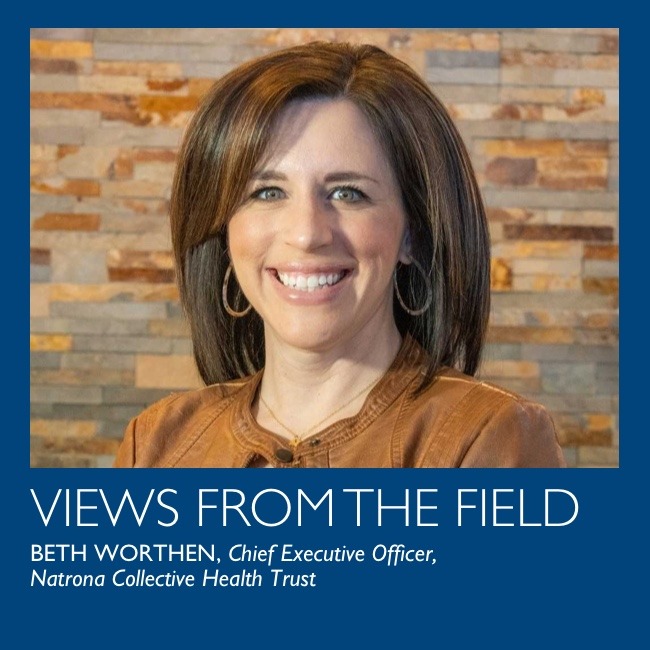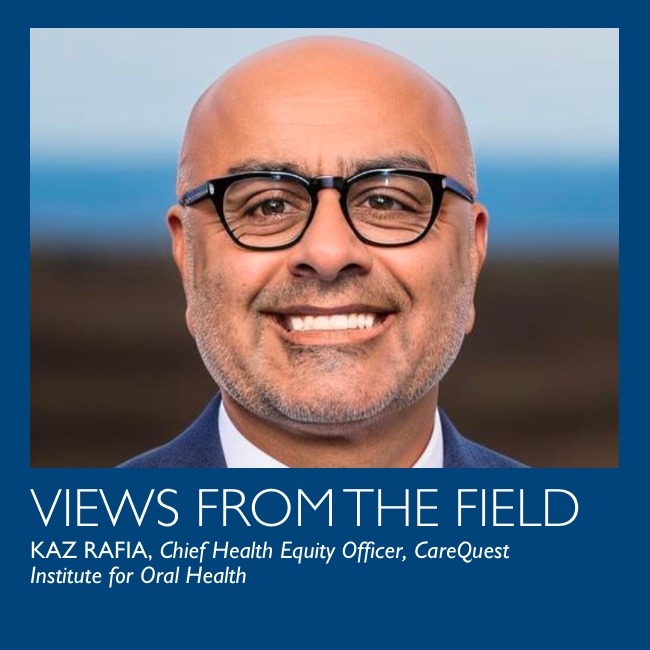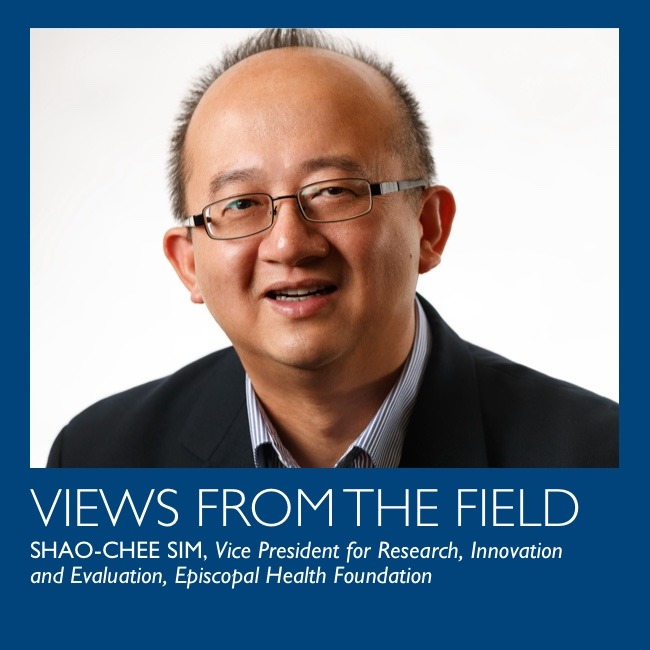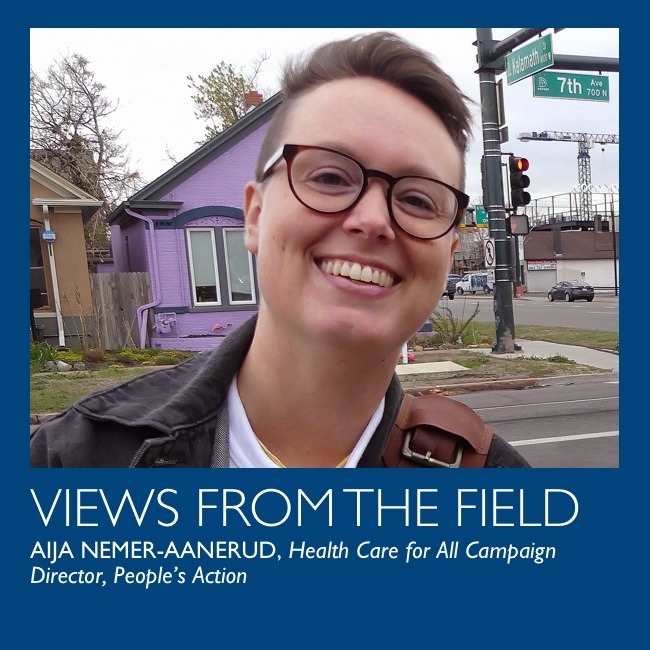Terrance Keenan Institute Alumni Reflect on How COVID-19 Changed Grantmaking
Foundations play a vital role in the nonprofit sector, funding everything from safety net services to social innovation. Like many businesses, philanthropic organizations altered their ways of doing business in response to the COVID-19 pandemic. The health sector, including hospitals and other health care settings along with public health organizations, were deeply affected by the magnitude of illness and the polarization of the pandemic response. To understand exactly how the business of health grantmaking shifted during COVID-19, Jennifer Chubinski and Allen Smart conducted in-depth interviews with health foundation leaders from around the country to learn what changed in their grantmaking strategies and practices.
The Kids Are Okay: Lessons Learned from a Youth-Led Participatory Grantmaking Program
The Natrona Collective Health Trust (NCHT) was created in October 2020 after the sale of our community’s standalone nonprofit hospital to a regional hospital system. As Wyoming’s first health conversion foundation, NCHT uses trust-based philanthropy and systems change advocacy to advance the mental well-being of our community’s young people. During an extensive strategic planning process, we found that at both our community and state levels, there is insufficient infrastructure to address mental and behavioral health needs, which perpetuates health disparities and high incidences of childhood trauma.
Health Philanthropy Impacting the Health and Well-Being of Family Caregivers
More than 53 million Americans—21 percent of the US population—are caregivers for loved ones who are older adults or adults living with chronic, disabling, or serious health conditions. Increasingly, the US health and long-term care systems rely on family caregivers. In 2017, family caregivers in the US provided a staggering 80 percent of long-term care, valued at $470 billion, and in 2021, 38 million family caregivers spent 36 billion hours caring for older adults, amounting to an estimated $600 billion in unpaid caregiving.
As More Americans Gain Health Care Coverage, Advocates Fight for Higher-Quality Insurance
People’s Action and our allies fought hard to win health care for millions through the Affordable Care Act and Medicaid expansion. 91 percent of Americans now have health insurance, even though there is still work to do to ensure everyone can get coverage, particularly immigrants and those living in holdout non-expansion states.










